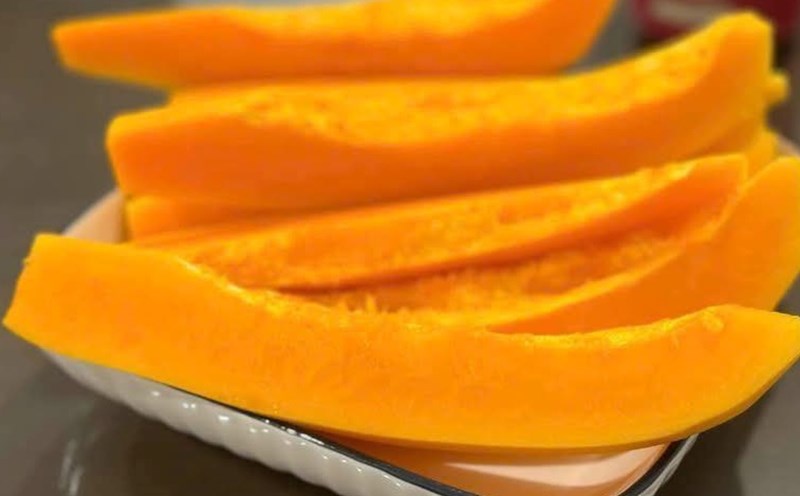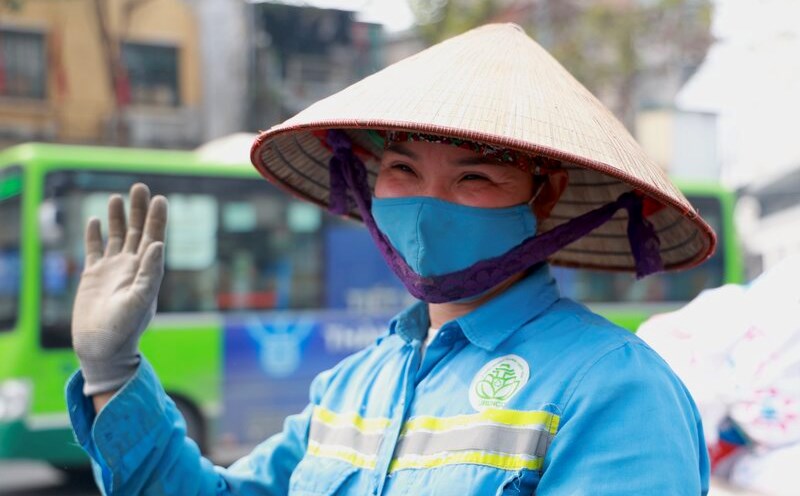Choosing the right foods plays an important role in controlling and preventing the recurrence of stones. Among the popular fruits, ripe papaya, although has many digestive benefits, is not suitable for people with kidney stones, especially calcium oxalate stones.
First, ripe papaya contains a relatively high amount of oxalate. This is a substance that can bind to calcium in urine to form calcium oxalate crystals, the most common form of stone today, accounting for about 80% of cases. According to research, a diet rich in oxalates increases the risk of kidney stone formation, especially in people with a history of disease or high oxalate secretion.
Second, papaya contains a lot of vitamin C, about 6070 mg/100g. When consuming high doses of vitamin C, over 2,000 mg/day, the excess can be converted into oxalic acid, which will contribute to stone formation.
Third, papaya is warm. According to traditional medicine, it can cause internal heat, which is not beneficial for the urinary system, which needs to be cooled to limit mineral crystallization.
Although ripe papaya is a nutritious fruit, people with kidney stones, especially calcium oxalate stones, should limit or avoid eating it regularly, to reduce the risk of stone recurrence. Instead, you should prioritize fruits with low oxalate such as apples, watermelon or grapes, and drink plenty of water to help excrete stones through the urine.











